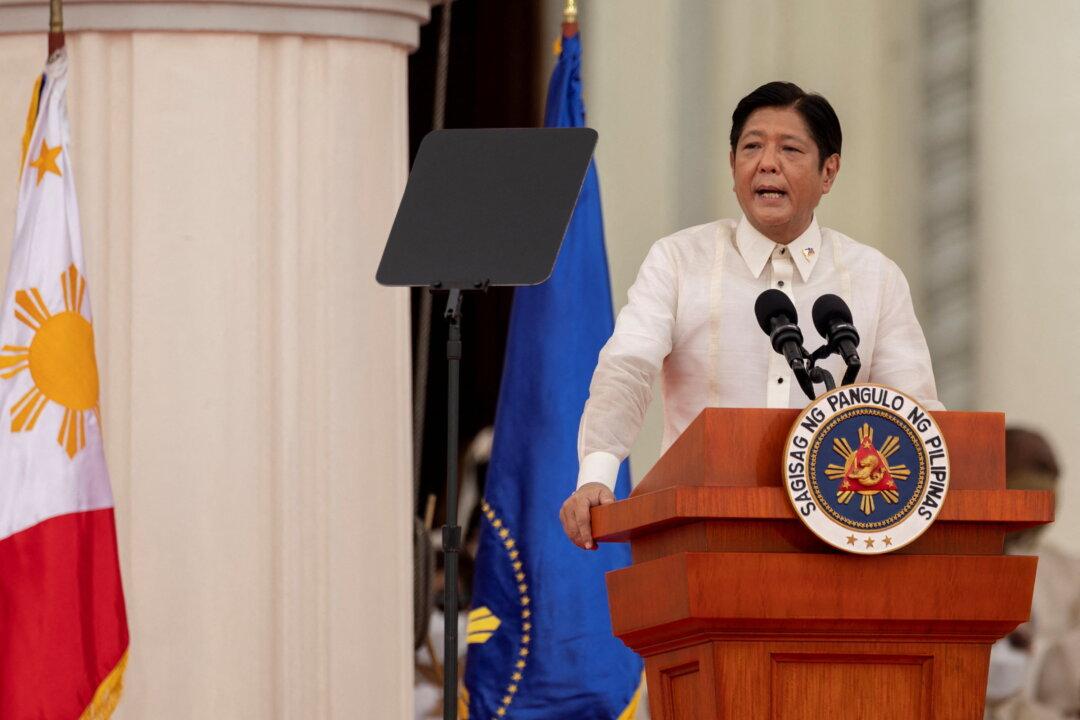President Joe Biden reaffirmed the United States’ “ironclad” commitment to the defense of the Philippines in his first bilateral meeting with the country’s new leader, as he seeks to bolster the U.S.–Philippine alliance.
Biden on Thursday met with President Ferdinand Marcos Jr. on the sidelines of the United Nations General Assembly in New York. Marcos, the son and namesake of the late Philippine dictator, took office on June 30.





